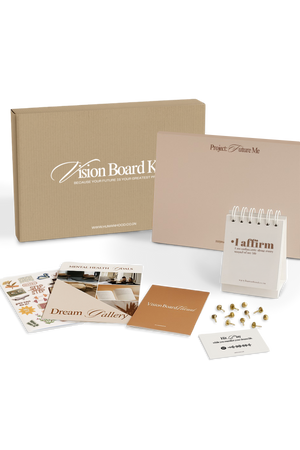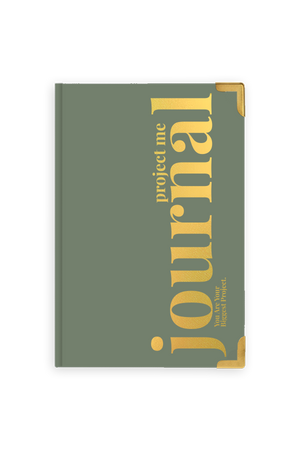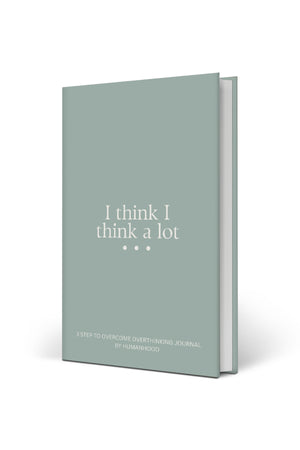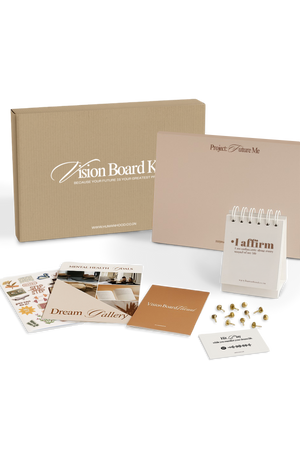Journaling is a beneficial habit, but it can be hard to stick with at the start. One reason is that just opening a blank page and journaling on it can feel intimidating. It narrows down to the question, “Where to begin?”. Here is a list of seven solid journaling methods you need to try to know where you can begin. Ready to find out about all the journaling techniques? Continue reading the blog to get your answer!
Thank Learn And Connect Method
It is one of the easiest journaling methods, and it will never fail to brighten your mood. There are three components to this method. The best way to use this method is to start your day with it. Here is how you use this journaling technique:
Thank
Begin by thinking of something you are thankful for. It has to be something specific, not generic. Jot down all the minute details.
Learn
Try to learn something new every day. Keep in mind that every interaction should teach you something. Take time to think about what did you learn during the day, and write about it. Write how you will use your learnings or if you have a strong feeling about them.
Connect
Learning is about connecting all the things in your mind. You take new information and tie it to well-worn knowledge. Think about the following:
- What do you connect with?
- With whom do you connect with the most?
- What conversations do you have, and what are they about?
- What is your takeaway from each conversation?
5 Whys Journaling
Journaling helps you understand your past, present, and future better. There’s no better way to understand than to ask “why” for anything you feel or an issue you face. Hence, the “5 whys” is a problem-solving tool that also alternates as one of the journaling methods you need. It helps you:
- Break down a problem and analyse its cause and effect
- Dig deep to reexamine the answers
You can start by writing a problem you are facing at the top of the page and then write the word “why” and its answer. Repeat this until you have answered five whys.
3-Act Journaling Method
Journaling helps you understand and analyse events that happened to you. It is one of the journaling methods that enable you to leverage the power of the story. Use three act journal to write about the following three acts:
Act 1: Introduction
Think about something pivotal that happened in your day. It can be about something you were able to resolve or make significant progress on. Explain its context and importance like you were writing a story. Add details like:
- The sequence of events that led up to the event
- The main players and their possible motives
- Your motive and conversations that took place
Act 2: Conflict
Write about the pivotal moment that happened and how did it play out. Jot down how you were feeling as the event occurred. Did those feelings go your way? Do not forget to mention if you handled yourself well.
Act 3: Resolution and Takeaway
Use this act to wrap things up and where you are now. Write about your takeaway and whether you would have done anything differently.
Core Value Journaling Method
It is one of the journaling methods where you identify three values you want to focus on for the year. For example, your focus can be on core values like service, presence, and openness for the year. You can periodically write a journal entry for each core value to keep those values in front of your mind and as a way to check in on them.
Freewriting
It is one of the journaling methods where you write anything. The catch is you give yourself a set amount of time and write in that. Say, you cannot think of anything. You can journal this thought and jot down the fact that you cannot think of anything to write. The point is that you need to write everything on your mind.
This journalling method was used traditionally as a prewriting technique in academic environments. It is a technique that writers use to overcome writer’s block. It can unlock the secrets of your mind, no matter how confused or stuck you feel.
Unsent Letters
An unsent letter is one of the journaling methods that help you get closure, foster peace of mind and forgiveness. It is a letter that is never meant to be mailed and can help you manage your anger. Write everything you appreciate about the person you are writing the letter to. You can also write to people in your life to clarify your emotions. These letters make it easier for you to express yourself to that person.
You can try writing a letter from your future and wiser self or your current self. It lets you tap into your stores of wisdom you didn’t know you had and gets you in touch with your intuition.
One Line A Day Journaling
It is one of the journaling methods where you use just a single line a day to help preserve your memory. It makes you a witty writer and enables you to notice patterns. You can capture the key moments and even record the mundane in this journal. You can use one line a day journal to get into the habit of writing every day, and it’s not too overwhelming.




